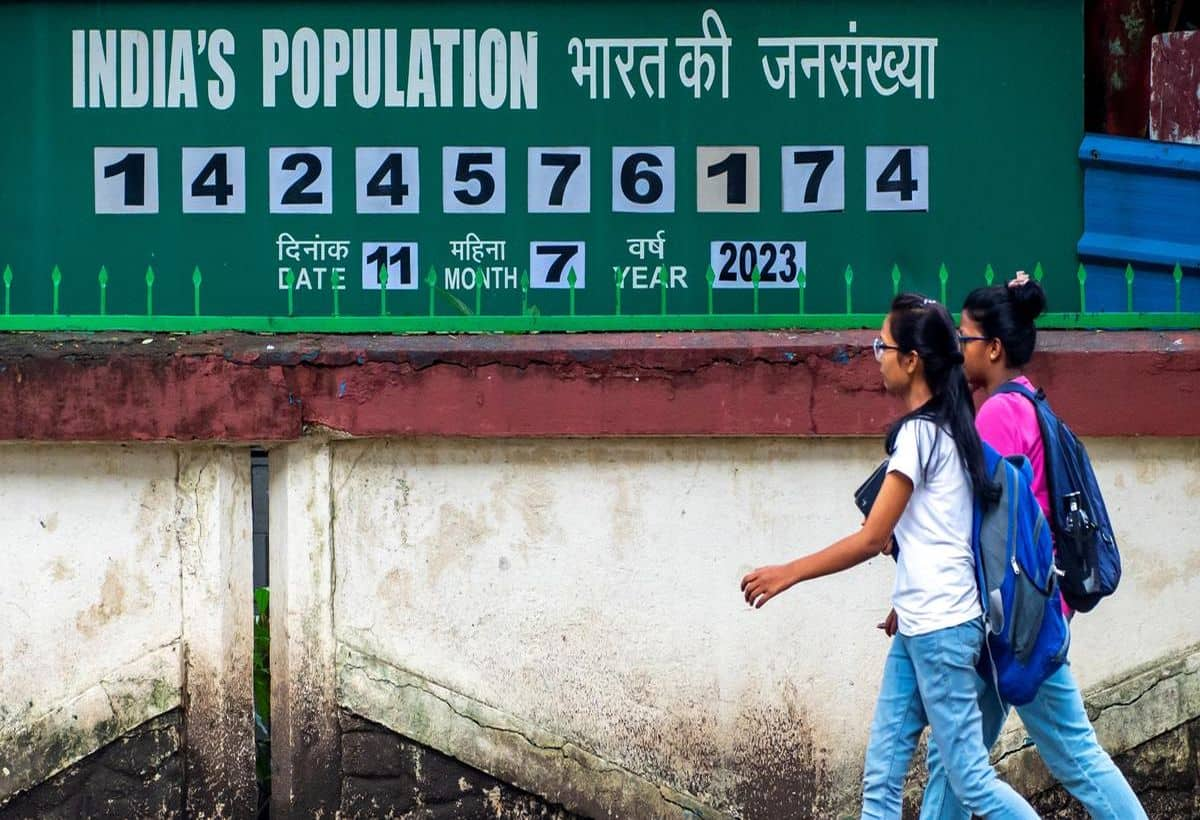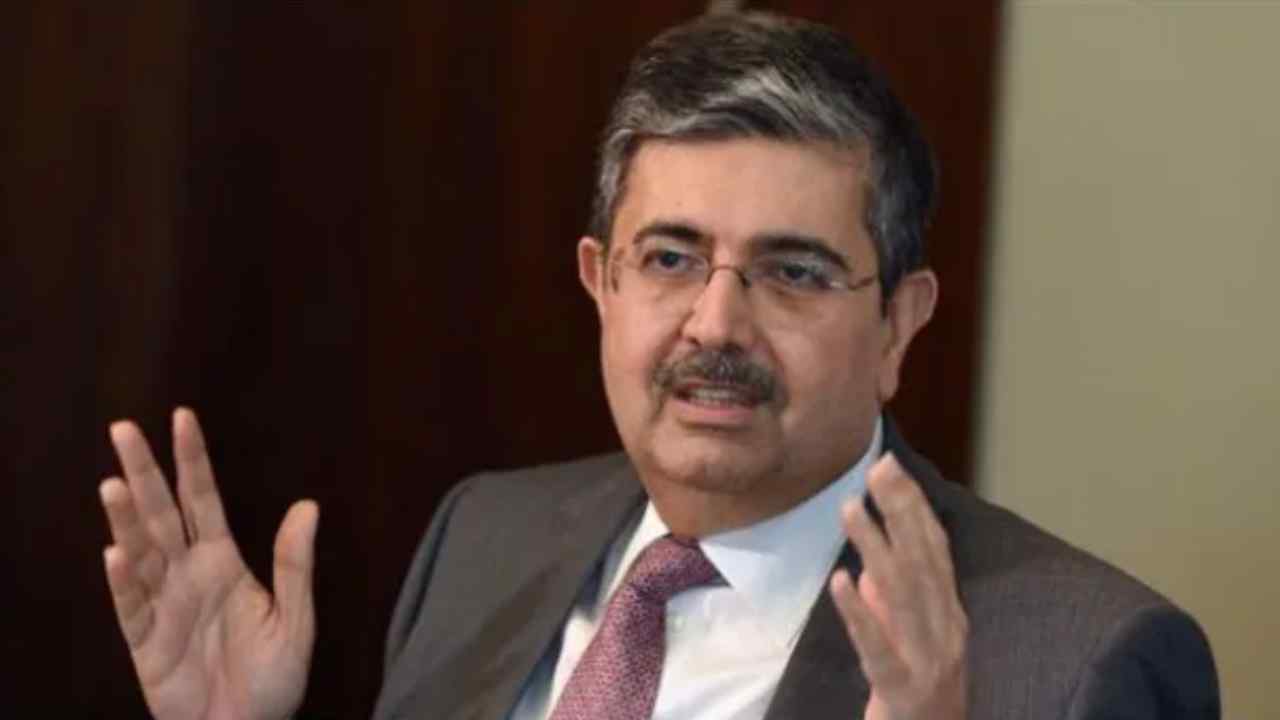Preparations Underway for India’s Decennial Census
The Indian government is gearing up for the much-anticipated decennial census, a crucial process that has been conducted every ten years since 1881. While preparations are in full swing, a key decision regarding the inclusion of a caste-related column remains pending. Sources familiar with the situation have revealed that the announcement regarding the commencement of the census is expected soon, following delays caused by the Covid-19 pandemic.
Timeline and Context
The first phase of the census was originally scheduled to start on April 1, 2020, but due to the pandemic, it was postponed indefinitely. The need for comprehensive census data has been further underscored by the recent passage of the Women’s Reservation Act, which reserves one-third of seats for women in the Lok Sabha and state assemblies. This legislation will come into effect post-delimitation, based on data from the upcoming census.
Caste Census: A Growing Demand
The question of whether to include a caste column in the census has become a significant topic of discussion among political parties and the public. Many are advocating strongly for a caste census, which aims to collect more detailed demographic information relevant to policy formulation and subsidy allocation. As it stands, government decisions continue to be guided largely by the 2011 census data, highlighting the pressing need for updated figures.
Data Collection Process
The census will adopt a modern approach, being the first to incorporate digital tools. The house listing phase was slated to run from April 1 to September 30, 2020, but was similarly postponed. Officials estimate that the entire process, alongside the upgrade of the National Population Register (NPR), could exceed the budget of ₹12,000 crore.
Self-Calculation Portal
In a notable shift towards digitization, the census will provide a self-calculation portal for citizens, allowing them to participate in their enumeration. This feature aims to enhance transparency and ease in data collection. However, participation will require individuals to provide their Aadhaar number or mobile number as part of the self-reporting process.
Conclusion
The upcoming census is a critical event not only for gathering demographic data but also for shaping various legislative measures and programs. As the government finalizes the plans and addresses key questions about caste inclusion, stakeholders will be watching closely, understanding that accurate representation is vital for effective governance and sustainable development.











